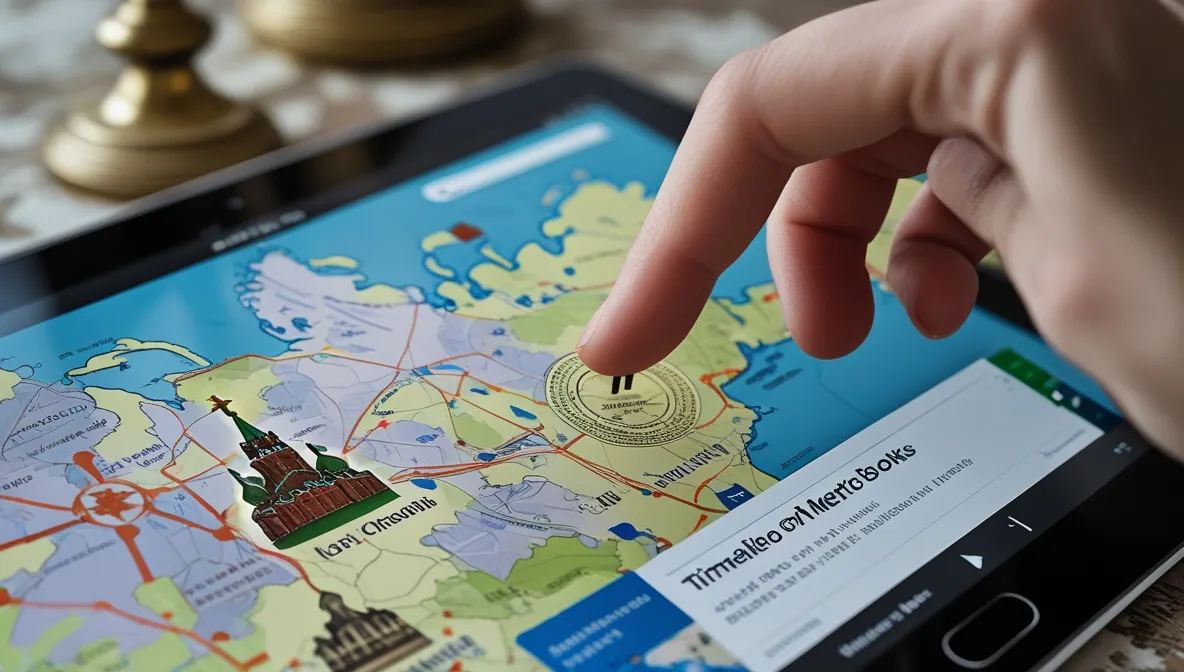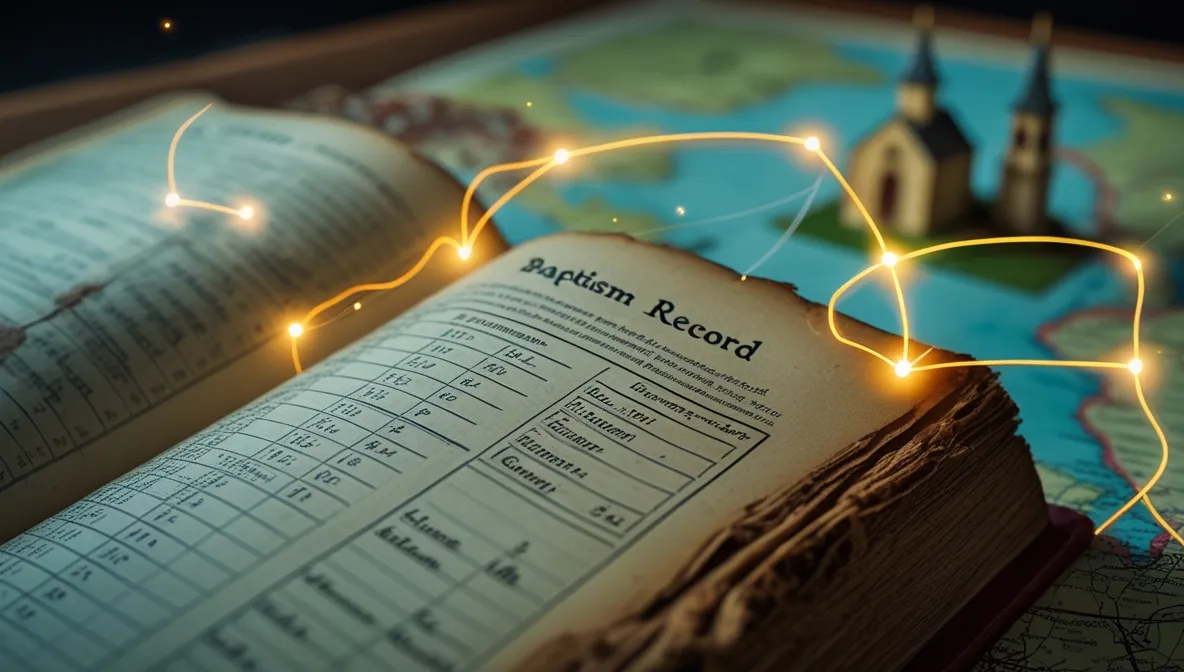Moscow Launches Digital Map of City Churches for Genealogical Research
Moscow residents can now trace their family roots through a new digital map of city churches integrated into the 'Archive Search' service. The platform provides access to digitized parish records, opening a new chapter in the capital’s digital heritage and historical transparency.

A New Tool for Tracing Family Roots
The Moscow City Archives' digital service 'Archive Search' has introduced an interactive map of churches across the capital.
The map displays both existing and lost churches, allowing users to open parish profiles and access digitized metric books containing birth, marriage, and death records. Neural networks were used to precisely match thousands of digitized documents to their respective parishes and time periods.

This innovation gives Moscow residents a powerful tool for exploring family history and genealogy, while also advancing the city’s digital archival infrastructure and data accessibility. Although focused locally, the project reflects a broader global trend toward digital archives and the use of artificial intelligence in historical research — potentially serving as a prototype for similar systems worldwide.
Integration and Expansion Potential
Future plans include expanding the platform’s capabilities beyond parish records to include civil acts, census data, family correspondences, and private archives. Developers also plan to introduce advanced filters by time, parish, surname, and the ability to download or export data. Integration with genealogy services, family tree builders, and crowdsourcing tools is also under consideration.
The combination of neural networks and map-based interfaces could be replicated in other Russian regions or even internationally — particularly in countries with rich church registry archives, such as Eastern Europe. Beyond its cultural value, the technology holds commercial potential in areas like archival digitization, handwriting recognition, and genealogy-based services.
Digitizing History and Heritage
The initiative aligns with Russia’s broader push for digital transformation in archival management. Between 2022 and 2025, large-scale digitization projects have been implemented across the country, providing citizens with remote access to federal archives via virtual reading rooms.

Extensive digitization of parish registers has also taken place, while Web-GIS technologies now allow for the online publication of archival maps and spatial data. Internationally, similar digital heritage projects are gaining traction — such as open GIS collections of Imperial Russia’s maps and online repositories combining cartographic and historical data.
Making History Accessible to All
The Moscow 'Archive Search' project represents a major step toward open archives and accessible cultural heritage. It demonstrates how artificial intelligence and mapping technologies can merge historical records with geospatial data, creating a more visual and user-friendly approach to genealogy.

Over the next two years, developers plan to expand document coverage and geographic scope within Moscow, followed by integration with national genealogical and historical platforms. Within five years, features like automatic family tree generation, API integration, and public contribution tools could make this platform a cornerstone of digital heritage preservation. In the long term, similar technologies may form part of national population and cultural heritage systems — with export potential for Russia’s AI and archival software solutions.










































